
CyberBitsEtc. is a website and blog by Ganna Pogrebna (Professor of Behavioural Economics and Data Science, Fellow at the Alan Turing Institute) and Boris Taratine (Cyber Security Architect and Visionary) that focuses a lot on the human aspects of cyber security, in particular behavioural design, psychology and behavioural sciences.
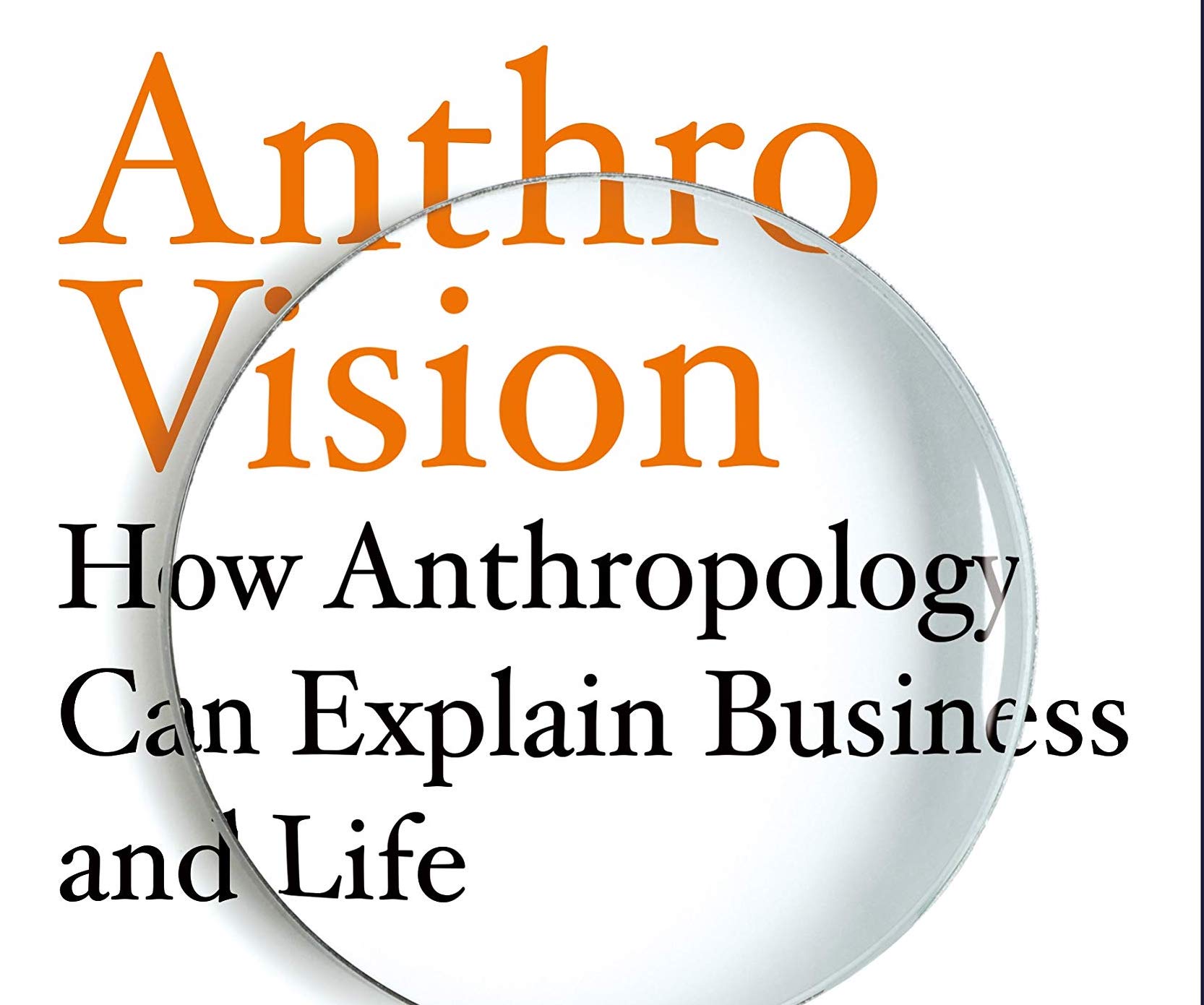
If there’s one simple message for the general reader in her new book Anthro-Vision it is this: the promise and value of anthropology lies in making visible that which is close to hand but ignored. It offers a means to see the world differently.

Heidi Larson studies vaccine rumors—how they start, and why some flourish and others wither. Tackling misperceptions individually is like eliminating a single microbial strain: when one germ is gone, another will bloom. Instead, the entire ecosystem must be rehabilitated.

In their new book, Daniel Kahneman, Olivier Sibony and Cass Sunstein offer strategies for improvement | An Economist book review

Rather than trying to fix the biases of AI systems and their human error, we need to find ways to coexist with it. Anthropology can help us a lot here.
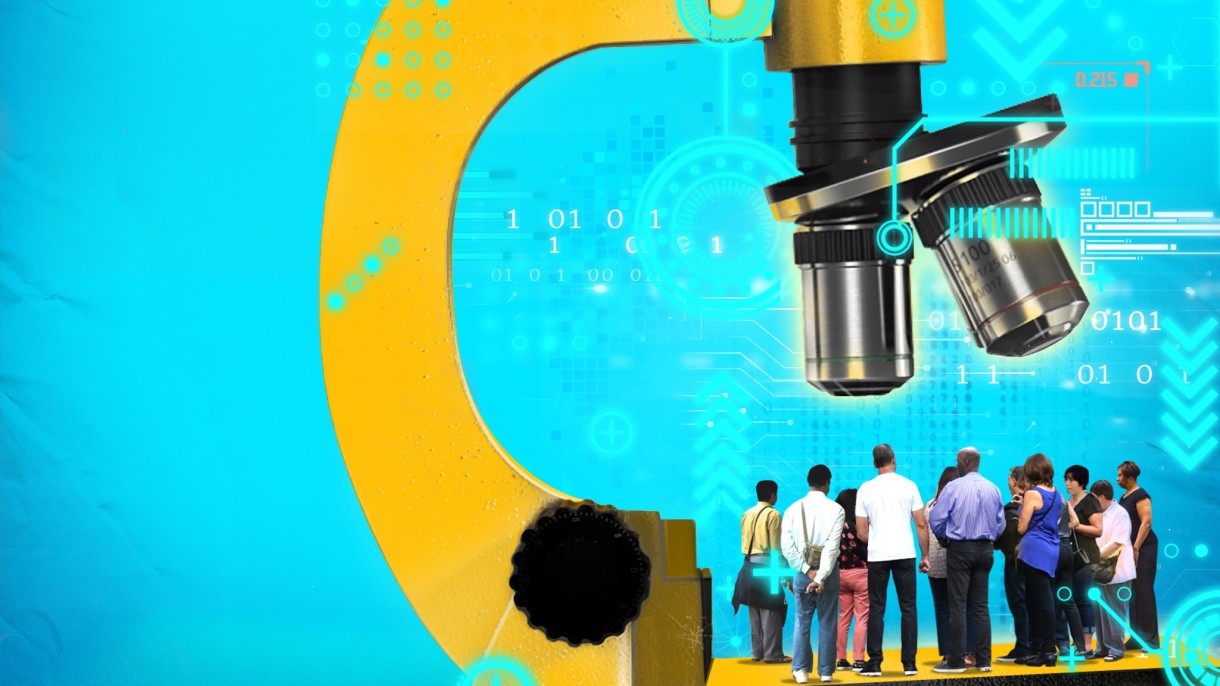
In a world shaped by one AI, artificial intelligence, we need a second AI, too — anthropology intelligence, writes Gillian Tett in the Financial Times.
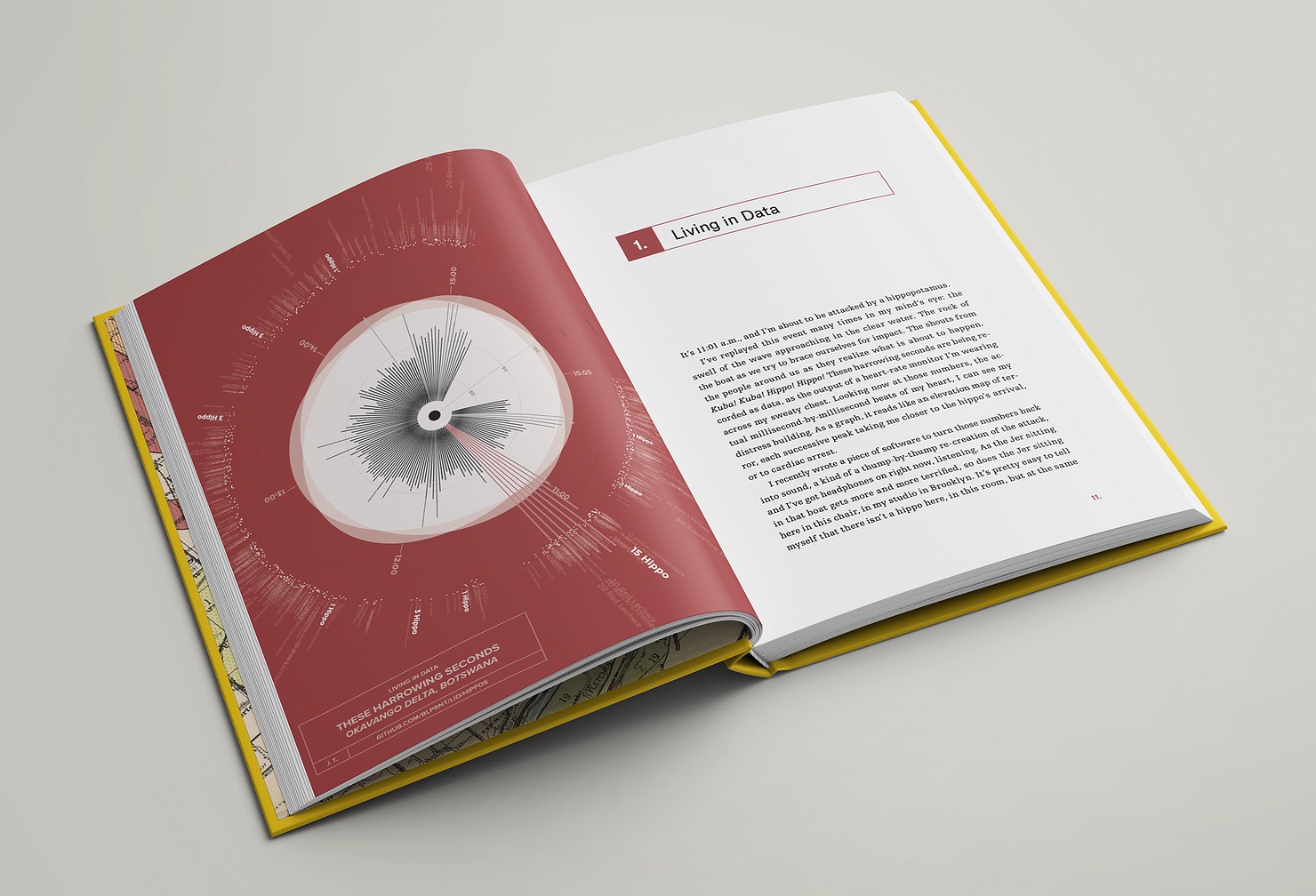
In this provocative book, Jer Thorp brings his work as a data artist to bear on an exploration of our current and future relationship with data, transcending facts and figures to find new, more visceral ways to engage with data.

A book about the life of data and living with data.

In an age when the business world is dominated by technology and data analysis, award-winning financial journalist and anthropology PhD Gillian Tett presents a radically different strategy for success: businesses can revolutionize their understanding of behavior by studying consumers, markets, and organizations through an anthropological lens.

Why does the world need anthropology and anthropologists? This collection of essays written by prominent academic, practising and applied anthropologists aims to answer this provocative question.

Special issue of the Journal of the Royal Anthropological Institute

In a year in which Covid-19 has forced researchers to resort to online research, what opportunities for the industry exist in digital ethnography? Liam Kay of ResearchLive reports on the highlights of the Market Research Society’s Digital Ethnography Summit:
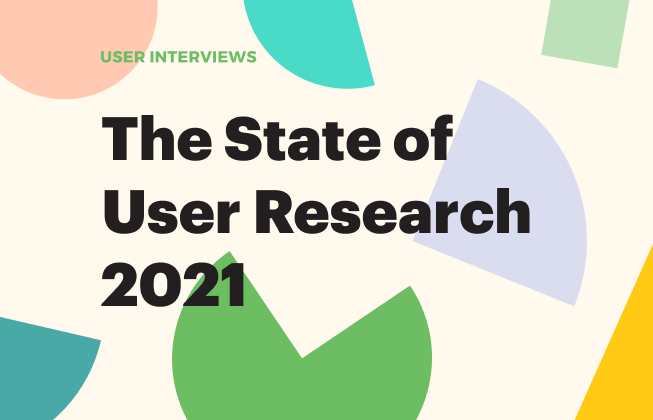
The US based user research recruiting platform "User Interviews" has just published its State of User Research 2021 report, based on responses from 525 people who do research as at least part of their job..

A bold reassessment of "smart cities" that reveals what is lost when we conceive of our urban spaces as computers

The COVID-19 pandemic is changing how we work, travel, communicate, shop and more, but which new habits are likely to stick permanently? The authors explore five key behavioural changes and their implications for risk and protection.

From City of London traders to Indian rickshaw drivers, everyone uses a more intimate style of conversation on video calls.

This special issue collects six articles tackling artificial intelligence (AI) from a social science perspective.
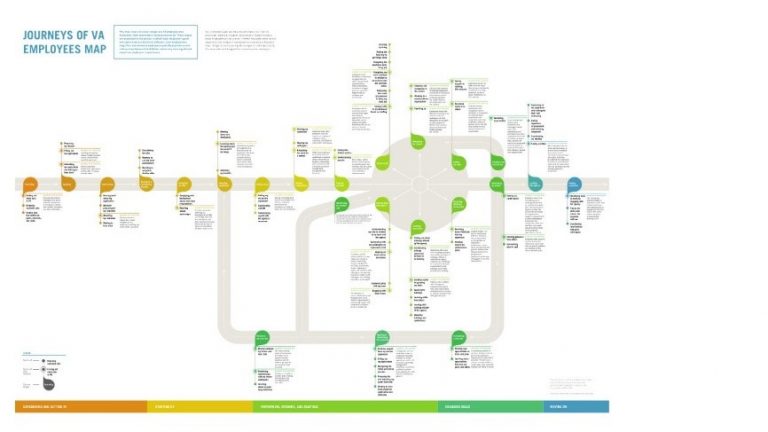
The employee experience (EX) journey map of the US Government’s Department of Veteran Affairs (VA) identifies the moments that matter during a VA employee’s career using the same human-centered design process that VA’s Veterans Experience Office (VEO) has applied in the development…
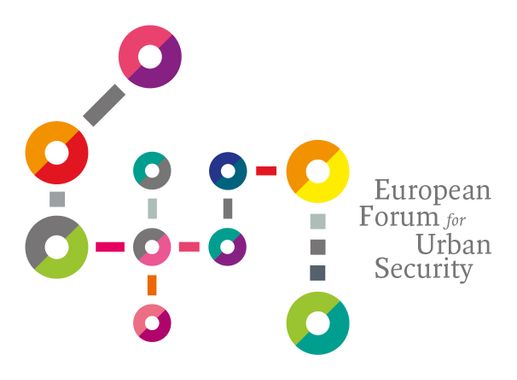
On 24 November Elena Guidorzi, research unit coordinator of Experientia, will speak at the EFUS web conference entitled "Reducing and preventing the feeling of insecurity at night", highlighting her experience coordinating the ToNite project.
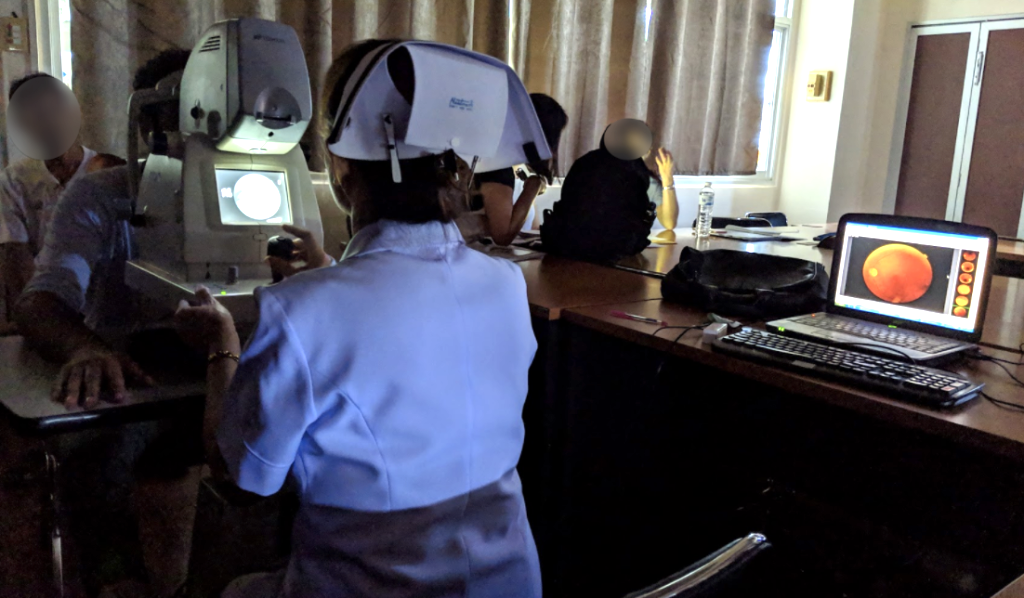
The gulf between the technical brilliance claimed for Google's deep learning model and its real-world application points to a common problem that has hindered the use of AI in medical settings.



















